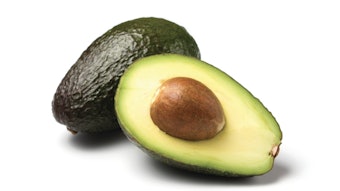According to the society, the study may be the "last best chance" to do large-scale research in the United States on genetic, lifestyle and environmental factors that cause and prevent cancer.
The Cancer Prevention Study 3 (CPS-3) will seek a geographically and ethnically diverse group of women and men, aged 30 to 65, who have never been diagnosed with cancer. The participants will be tracked for 20 or more years.
"There are no U.S. studies on the horizon positioned to take advantage of rapidly developing new knowledge and technologies over the coming decades, except CPS-3," study leader Eugenia E. Calle, managing director of analytic epidemiology at the American Cancer Society, said in a prepared statement.
"This type of study involves hundreds of thousands of people, with diverse backgrounds, followed for many years, with collection of biological specimens and assessments of dietary, lifestyle and environmental exposures. It also requires active follow-up to discover if and when study participants develop cancer," Calle said.
She noted that large studies of up to a million people are being conducted in a number of countries in Europe and Asia. Many countries are able to conduct such large studies because they have national health-care systems that record information about patients' visits.
"Another important factor is that people in other countries are often willing to be enrolled in a study, historically a serious challenge in the U.S.," Calle said.
Enrollment in CPS-3 will take place at 64 of the 4,800 Relay for Life cancer research fundraising events taking place across the United States in 2007, and will continue at certain Relay for Life events through 2011.
Data collected during CPS-3 will build on information collected from a series of American Cancer Society studies dating back to the 1950s.










